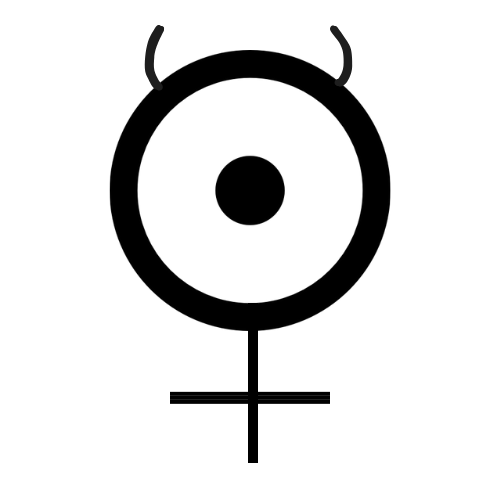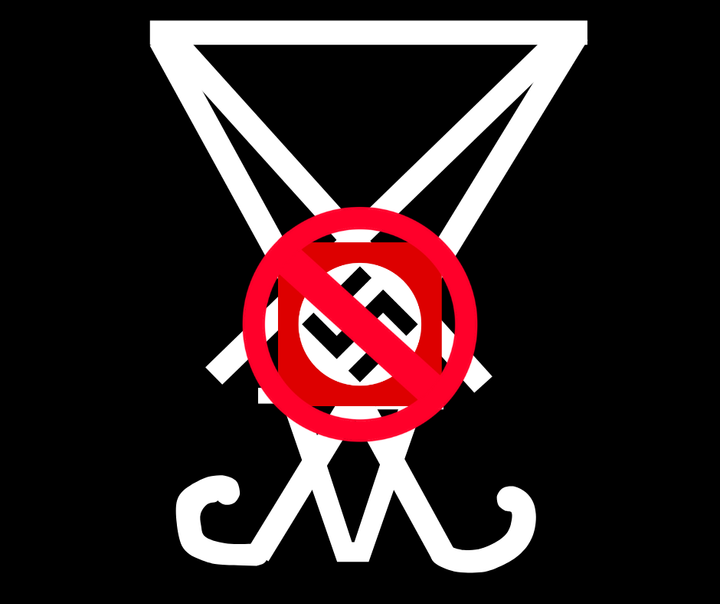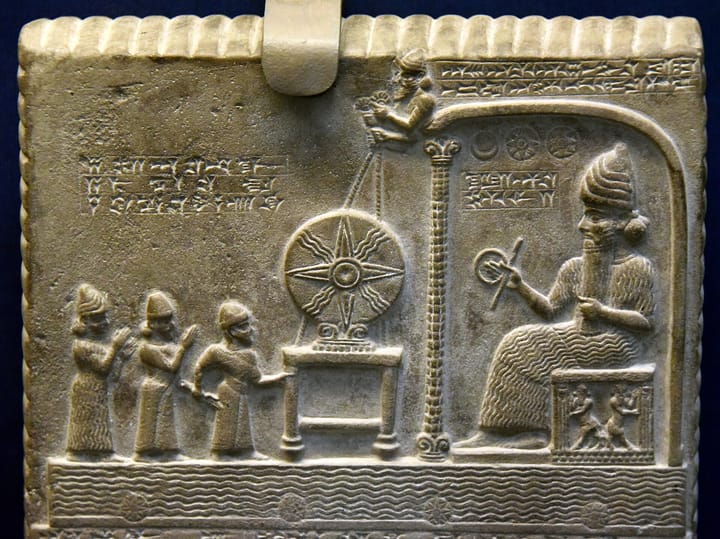On Critical Thinking in Magic and Spirituality and Being an Ethical Occultist
Every community built around a shared focus starts to develop insular expectations that are not reflective of mainstream access nor understanding. For example, I only just started reading Heinrich Cornelius Agrippa's Three Books of Occult Philosophy. Most people who do not practice magic do not know what these set of books are and those who do practice magic often haven't read them because their paths have taken them elsewhere. However, it has surprised a number of my occultist friends that I didn't read Three Books earlier since they're considered such a foundational work for those who closely follow the history of western esotericism. I even had a few annoying former friends who insisted that reading Agrippa was mandatory and pushed me to read before I was ready.
"Ready" involved reading Agrippa properly. The reason I ultimately opted to self-identify as an occultist is because critical thinking and questioning is fundamental to my personal path. Occultism allows me to read the historical texts that informed today's western esotericism and decide which parts to integrate into my own cosmology. As it stands today, the most common version of these famous books is Donald Tyson's annotated version, often mistakenly called a translation. The only actual recent translation of the original 1533 Latin is Eric Purdue's version, which also lays out the sentences that Agrippa picked up from other sources.
The way Purdue footnotes and notes Three Books aligns with my needs and values as a critically thinking occultist by
illustrating how Agrippaoften cited the mainstream texts of his time. Agrippa
was an original thinker only to the level that any of us are, which is to say he was influenced by other great thinkers of his age. Teasing out the different ideas and sourcing them helps me to process which ideas are coming from who and, more importantly, if I agree or disagree with them*.Knowing where ideas come from has always been important to me in terms of self-protectiveness because my Jewish upbringing taught me of both overt and covert forms of antiJewishness. Not many people are aware of how prevalent both types are nor how to spot the latter. And if you haven't grown up having to practice elevated awareness about prejudice toward you, then your ability to discern safe and unsafe (as in bigoted) ideas may not be as refined. It is unfortunately the case that there are a lot of still widely read historical occultists who were fascists and/or white supremacists. It's also just a fact of life that some important historical thinkers had their prejudices, which impacts down the line how certain systems function such as how Aristotle's misogyny quite possibly has a downstream effect in Hellenistic astrology.
Self-protectiveness mixed with valuing critical thinking leads to a clear sense of my standards in occult community-building and metaphysical service purchasing. Having met Eric Purdue and having had a session with him, it's clear that his thorough work on the Agrippa translation and its emphasis on transparency is reflective of who he is as a person. All of my occult friends value Eric's work because they themselves are anti-fascist, anti-Nazism, and anti-white supremacy when they are not also from marginalized groups.
Which is to say, adhering to critical thinking and finding people and information outlets to support that venture supports you in keeping to clarity and compassion in your occult journey. Even in a community that is flooded with those who worship the likes of Julius Evola and Aleister Crowley, there are always ethical alternatives that can be carved out in practicing occultism. At the end of the day, even though I may have surprised some people with certain gaps in my knowledge thanks to delaying my read of Agrippa, I am incredibly satisfied that I waited until I could when it was in alignment with me.
*I admittedly often get lost in the details, such as the belief from Pliny that flies comes from food instead of themselves or that Agrippa often quotes Marsilio Ficino who thought that withholding from eating eggplants would improve depression. But Agrippa's explanation of the elements makes a shocking amount of sense to me after I spent years trying to ignore his system from secondhand sources and he has so many basic tenets that are necessary for spirit work even today. So occultists are right to keep recommending Three Books even if access can be questionable.



